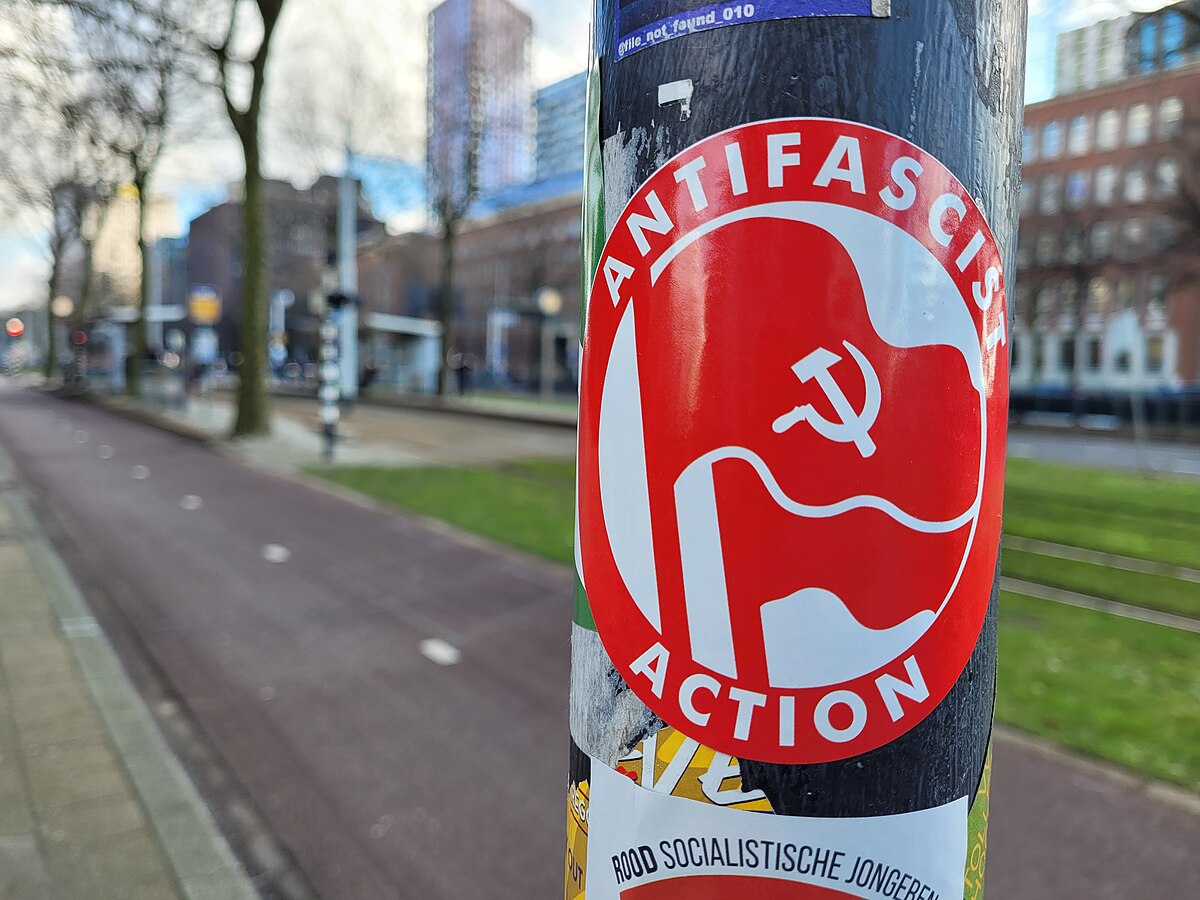The Economist recently published an article referencing a study that has drawn scrutiny due to its association with a researcher linked to the Antifa movement. This comes in the wake of heightened discussions about political violence in the United States, particularly following the assassination of conservative activist Charlie Kirk.
Explainer Charlie Kirk Overview
The piece, which appeared late last week, attempts to contextualize the violence associated with leftist groups by citing various studies and datasets. Critics argue that these sources may lack credibility, particularly among conservative audiences. The article suggests that the killing of Kirk is not indicative of broader trends in political violence.
Among the researchers cited is Michael Loadenthal from the University of Cincinnati, who has openly identified with Antifa. Loadenthal has previously participated in events that some critics label as extremist, including a 2021 workshop on white nationalism and a roundtable on extremism at the University of Dayton. Eoin Lenihan, who has reported on Loadenthal's activities, noted that the researcher has promoted tactics for doxing individuals, framing his work in antifascist terms.
The Economist highlighted Loadenthal's involvement in the "Prosecution Project," which analyzes felony cases related to political violence. According to the article, the project indicates that while extremists from both the left and right commit acts of violence, a higher number of incidents are attributed to right-leaning individuals.
However, critics like Ryan James Girdusky, founder of the 1776 Project PAC, have challenged the validity of the Prosecution Project's findings. Girdusky claims that the data is misleading, suggesting it includes individuals with no clear political affiliations to bolster the narrative of right-wing violence. "You know what wasn’t counted as politically motivated violence? Almost any of the arson, rapes, and murders from BLM and Antifa activists during the 2020 summer of love," Girdusky stated, referencing significant events from that period.
This debate over the characterization of political violence has intensified as various media outlets report on incidents linked to both left and right-wing groups. Supporters of Loadenthal's work argue that it provides a necessary examination of the complexities surrounding political extremism.
The Economist's article has sparked a broader conversation about media representation of political violence, particularly in the context of recent events. Critics assert that the media often downplays leftist violence while emphasizing right-wing incidents, a claim that has been echoed by several commentators in conservative circles.
As discussions continue, the implications of these narratives on public perception and policy remain significant. The ongoing scrutiny of research methodologies and the affiliations of those conducting studies may influence how political violence is understood and addressed in the future.
Why it matters
- The Economist's article highlights the contentious debate over political violence, particularly in the wake of Charlie Kirk's assassination.
- Critics question the credibility of studies cited, especially those linked to researchers with extremist affiliations, impacting public trust.
- The discussion reflects broader concerns about media bias in reporting political violence, influencing public perception and policy.
What’s next
- Expect further investigations into the credibility of studies on political violence and their researchers.
- Watch for upcoming debates or forums addressing media representation of political violence and extremism.

